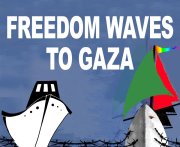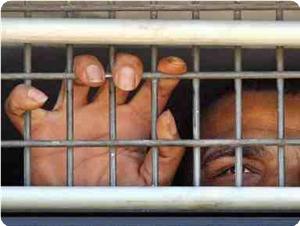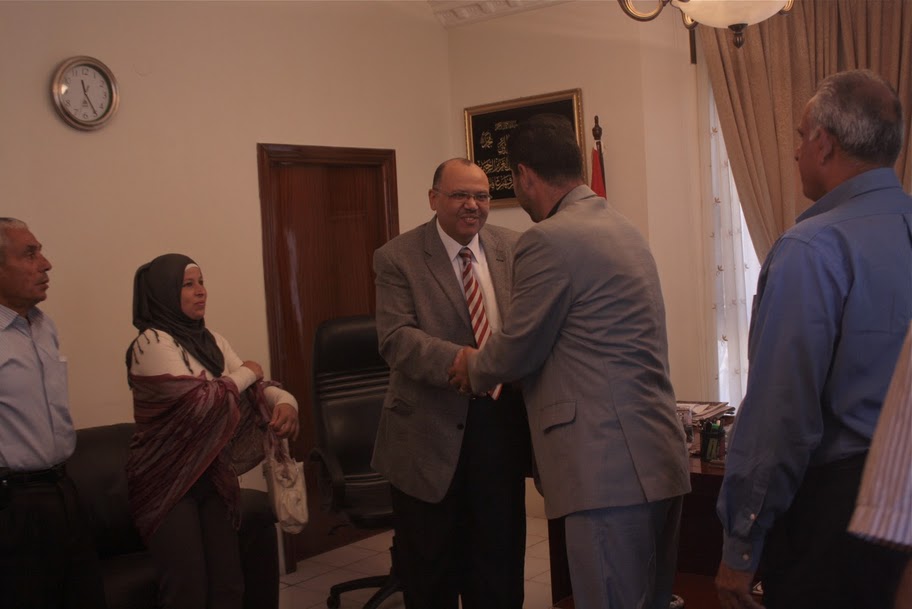-
#FreedomWaves launches to bring Gaza humanitarian aid
by Ben Lorber 2 November 2011 | International Solidarity Movement, West Bank On Wednesday, November 2, two international ships left the Turkish harbor to carry humanitarian aid through the Israeli blockade of Gaza. The event, called ‘Freedom Waves for Gaza’, unites 27 activists from 9 countries, including America, Canada, Denmark, Belgium, Germany and Australia, alongside […]
-
Raw conversations with released Palestinian prisoners
by Alistair George 2 November 2011 | International Solidarity Movement, West Bank Below is an abridged transcript of talks given by Palestinian former-prisoners, (released as part of the Hamas-Shalit deal) at PASSIA (Palestinian Academic Society for the Study of International Affairs ) Roundtable on ‘Prisoner Release – Palestinian Narratives’ on 31 October 2011. Ibrahim Mish’al […]
-
Egyptian Ambassador promises to deliver petition to open Rafah Border
2 November 2011 | International Solidarity Movement, West Bank On November first, activists from popular committees and activist youth movements through out the West Bank met with Egyptian ambassador , his Excellency Yasser Othman, in Ramallah to express their congratulations and support for the people’s revolution of Egypt and to formally present a petition to […]
Action Alert An Nabi Saleh Apartheid Wall Arrests BDS Bethlehem Bil'in Cast Lead Demonstration Denial of Entry Ethnic Cleansing Farmers Gaza Global Actions Hebron House Demolition International law Israeli Army Jerusalem Live Ammunition Nablus Ni'lin Prisoner Ramallah Rubber-coated steel bullets Settlement Settlers Settler violence Tear-Gas Canister Video



